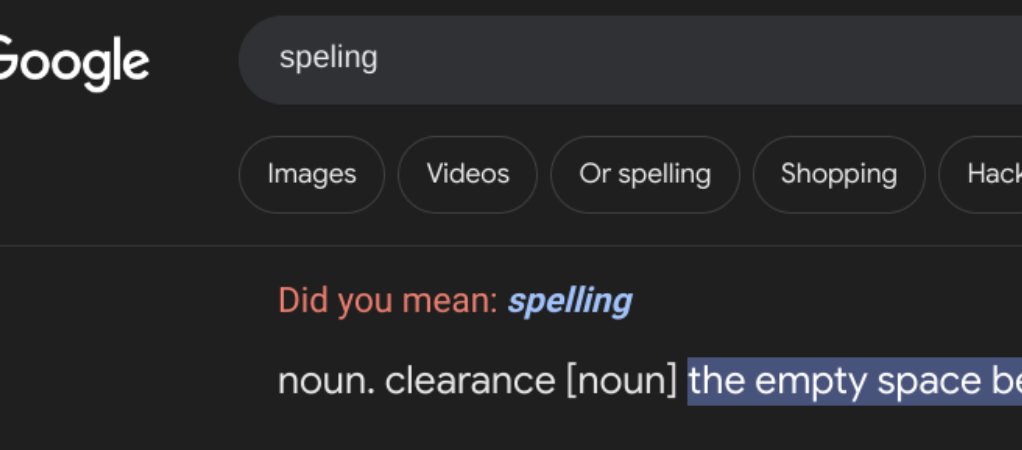The advent of technology and the increasing reliance on digital tools have undoubtedly reshaped the way we approach written communication. From students writing emails to teachers making lessons, everyone depends on spell-check.
While spell-checking software has become an indispensable aid, its overuse has inadvertently contributed to a concerning decline in spelling proficiency. In the past, mastering the intricacies of spelling was a fundamental lesson in education, creating discipline and attention to detail. However, the convenience of automated spell-checkers has lulled many into a false sense of complacency, leading to a gradual loss of this crucial skill. Accurate spelling remains a cornerstone of effective communication, yet its importance seems to be fading. Except when having to handwrite school essays or take notes, spell-checking has taken over the world. With so-called conveniences such as Google’s search engine to Grammarly, checking spelling mistakes has made it easier to let our creativity go to the mindless brains of Artificial Intelligence. However, the idea of precisely conveying words is still valued in many industries, such as journalism and science research papers.
The largest reason for the decline in spelling comes from the rise of using slang in the newer generation of students. Whether questioning a friend by asking wdym (what do you mean) or casually spelling u (for you), such shortcuts add to the deterioration of spelling. According to the Scholar Within, the two main systems that let us gain the ability to spell words come from the visual and auditory systems. TikTok and Instagram Reels are thirty-second videos filled with slang and misspelled words, causing the younger generation to grow up with the wrong idea of how a word is spelled. These effects of spelling are diminished when people know the difference between when to use or not use slang. However, it becomes an issue when slang leaks into formal essay writing, leading to a loss of credibility and respect.
Gen Z believes that spelling only matters in writing college essays or job applications, which are checked thoroughly to pick and choose the best candidates, but nobody expects the world of fancy words to interfere with their personal lives. But, according to the BBC, instances of poor spelling and grammar have been associated with forming negative impressions of individuals. Out of the 5,500 Americans participating in one study, 39% judged the candidates by their grasp of grammar in a dating app, which ranked higher than their smiles or even their sense of fashion. The study sheds light on the significance of spelling, emphasizing its relevance not only in academic contexts but also in personal relationships, including dating.
The idea that “spelling doesn’t matter” has been disproven over and over again with a lasting impression of it mattering as a lifelong skill. As the digital age advances, the emphasis on spelling diminishes, leading to the gradual loss of people’s abilities each year, as fewer individuals prioritize accuracy in their writing.












































































































































